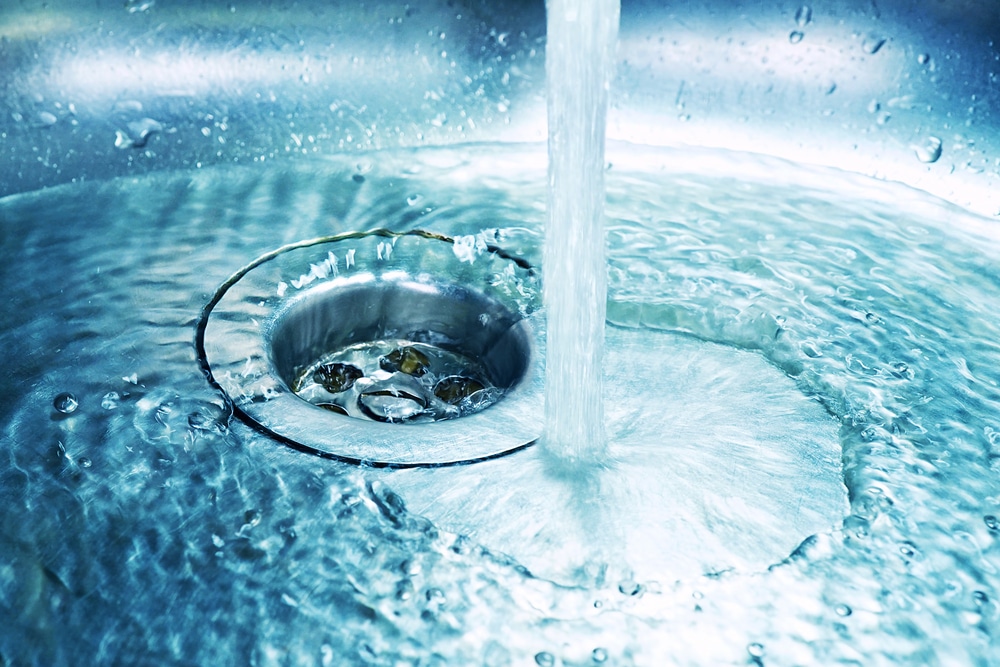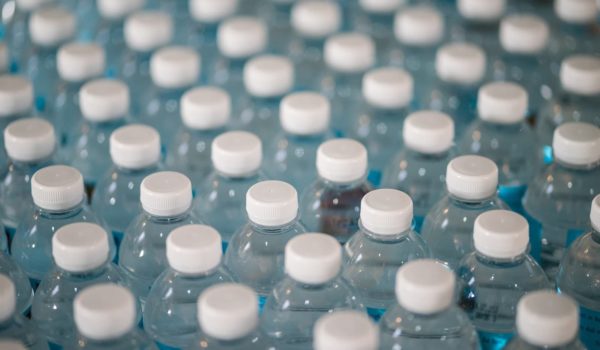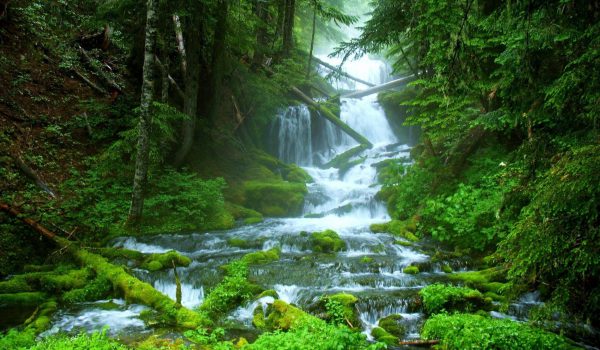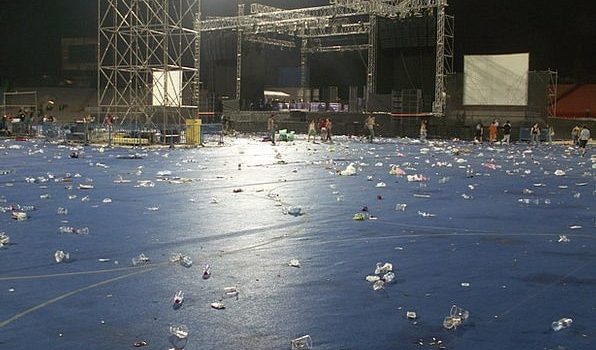On November 21st, 2019 Republican California Congressman Tom McClintock along with 11 members representing western states introduced a new, water-focused legislation. Known as the Water Optimization for the West Act (or WOW for short) this legislation is designed to reform water policy in the west.
There’s a divide between the Republican and Democratic parties on the issue — and if you’ve attempted to read up on the bill, you might be left wondering what it all means.
To better understand the issue, and what it means for communities now and in the future, let’s take a closer look at what the advocates of the bill state and how the opponents respond .
Advocates of the Water Optimization for the West Act
In discussing the bill McClintock said, “Western water policy is a bureaucratic nightmare designed to delay and deny the storage, delivery and use of our abundant water by farmers and residents. Environmental groups have used the law to block construction on new reservoirs, resulting in man-made droughts that have devastated entire communities. This legislation provides a common-sense approach to allowing safe water to flow quickly and efficiently to the communities that need it, while maintaining environmental protections.”
Advocates of the Water Optimization for the West Act believe that it streamlines water districts’ contact renewals, expedites water transfers and gives the Secretary of the Interior discretion to modify dam operations in the Central Valley Project (CVP). In doing this, it’s argued that reasonable water flows of suitable quality, quantity and timing to protect migrating fish will be provided — and that we will be able to prepare for dry years in times of abundance and “ensures that the greening of the West in the 20th century isn’t followed by an aridification at the hands of shortsighted policy.”
According to California Water News Daily, the legislation also:
- Repeals the San Joaquin River Settlement. The legislation lays out a definitive plan to provide restoration flows to the river without harming CVP contractors.
- Establishes the Bureau of Reclamation as the lead for coordinating all reviews, permits, licenses, or other approvals or decisions (reviews) required under federal law to construct new surface water storage projects in the states covered under the Reclamation Act on lands administered by the Department of the Interior or Department of Agriculture.
- Amends the Endangered Species Act of 1973 to transfer the responsibility for administering the Act from the Commerce Department’s National Marine Fisheries Service (NMFS) to the Department of the Interior’s U.S. Fish and Wildlife Service.
What Republican Supporters Say
Rep. Kevin McCarth states that, “water is the lifeblood of the Central Valley; it helps us sustain California’s farmlands and keep our position as a top agricultural producer worldwide.” In explaining his position, McCarth stands by the idea that this act allows Californians to continue to receive the clean water they contract and pay for while simultaneously protecting the environment.
“This new bill also includes the RAILWAY Act to repurpose unused funds from California’s failed High-Speed Rail towards desperately-needed water storage infrastructure projects that will benefit Californians far more than a train to nowhere,” McCarth says.
Another supporter of the bill, Rep. Paul Gosar believes that “For far too long Western water fights have been an ongoing series of hopes and broken promises, this bill works to move us out of the past. Modern water challenges call for modern solutions, from water storage to improved water management the WOW act will move California and all of the West toward a more secure water future.”
Rep. Devin Nunes says, “I’m proud to co-sponsor this vital legislation and move closer to resolving the San Joaquin Valley’s ongoing water crisis. Unless we can get more water to our Valley and remedy our current lack of storage capacity, we will continue to experience a crippling water crisis. This bill, which codifies the Trump administration’s recently modernized biological opinions and helps to develop new water storage infrastructure, will ensure countless Valley families receive the water they rightfully deserve.”
Rep. Dan Newhouse believes, “Rural communities, like those I represent and across the West, rely on strong water infrastructure. Local water managers and operators are willing and able to manage, maintain, and improve our existing infrastructure if given the chance, and this bill celebrates our nation’s water projects. I am grateful that my friend, Rep. McClintock, has included my legislation to allow the Kennewick Irrigation District to locally manage water for users, as well as my legislation to honor two pioneers of Northwest hydropower, Nat Washington Sr. and Jr., at the Grand Coulee Dam. I look forward to working with my colleagues to advance these priorities for Central Washington.”
When speaking about past government involvement, Rep. Scott Tipton adds, “In recent years, the federal government has repeatedly attempted to circumvent long-established state water law by requiring the transfer of privately-held water rights to the federal government as a permit condition for use of land owned by the Forest Service and Bureau of Land Management. These efforts constitute a gross federal overreach and violation of private property rights.
Opponents of the Water Optimization for the West Act
On the other hand, opponents of the bill state, “Reform […] means eliminating public influence on decisions about water in Western states, which, contrary to California Rep. Tom McClintock’s assertion, is scarce, not abundant. Decisions about how water is to be used or left alone require more, not less, public commentary, particularly from groups or individuals arguing on behalf of the environment.” When referencing the water bill’s “streamlining” of water contracts, those arguing against the bill mention that the items listed in the legislation are “dubious”.
The San Joaquin River Settlement, the article further explains, has allowed the river’s clean water to cross the valley for the first time in 65 years — and the proposal to eliminate it “doesn’t make sense — where would the water gained by eliminated the settlement go?” A canal currently diverts nearly all of the river’s water and has lost its carrying capacity due to “land subsidence caused by farmer’s over drafting ground water along the canal’s routes”.
With regards to the other points listed above, proponents state that the US Fish & Wildlife Service has been the lead agency for enforcement of the federal Endangered Species Act since the Act was passed — and that the US Bureau of Reclamation is already “the lead agency in decisions regarding water under its control”.
Now that we’ve tried to decipher — and explain — where each side stands on the Water Optimization for the West Act, what does it mean for communities?
It’s still early to pinpoint exactly what this act means to us, though farmers, ranchers, and those in the agricultural field seem to be most impacted. Advocates state that the act will help sustain California farmlands and ensure that we remain one of the world’s top agricultural producers.
At FloWater, we know how precious water is and we try our best to stay on top of all the latest news in the water world. Water and its conservation are controversial topics. But we know that implementing water systems that are environmentally friendly and help to eliminate single-use plastic bottles is crucial.
Using the newest filter technology in water Refill Stations, FloWater creates drinking water that tastes and hydrates better than anything in a single-use bottle and can be delivered into any refillable container. We want to help preserve the Earth from now until forever — and we’re passionate about doing our part.
Have you researched and read up on the Water Optimization for the West Act? Where do you stand and what sort of implications do you think it will have on the future of drinking water?
Feel free to share your comments, questions, and concerns with us below. From all of us at FloWater, thanks for reading. We’re wishing you a happy and hydration-filled day ahead.
Sources:
- https://mcclintock.house.gov/newsroom/press-releases/water-optimization-for-the-west-wow-act-introduced-to-provide-pathway-to
- https://www.justtherealnews.com/congress/republicans-introduce-western-water-legislation/
- http://californiawaternewsdaily.com/legislation/water-optimization-for-the-west-wow-act-introduced-to-provide-pathway-to-water-abundance/
- https://badlandsjournal.com/node/2592









